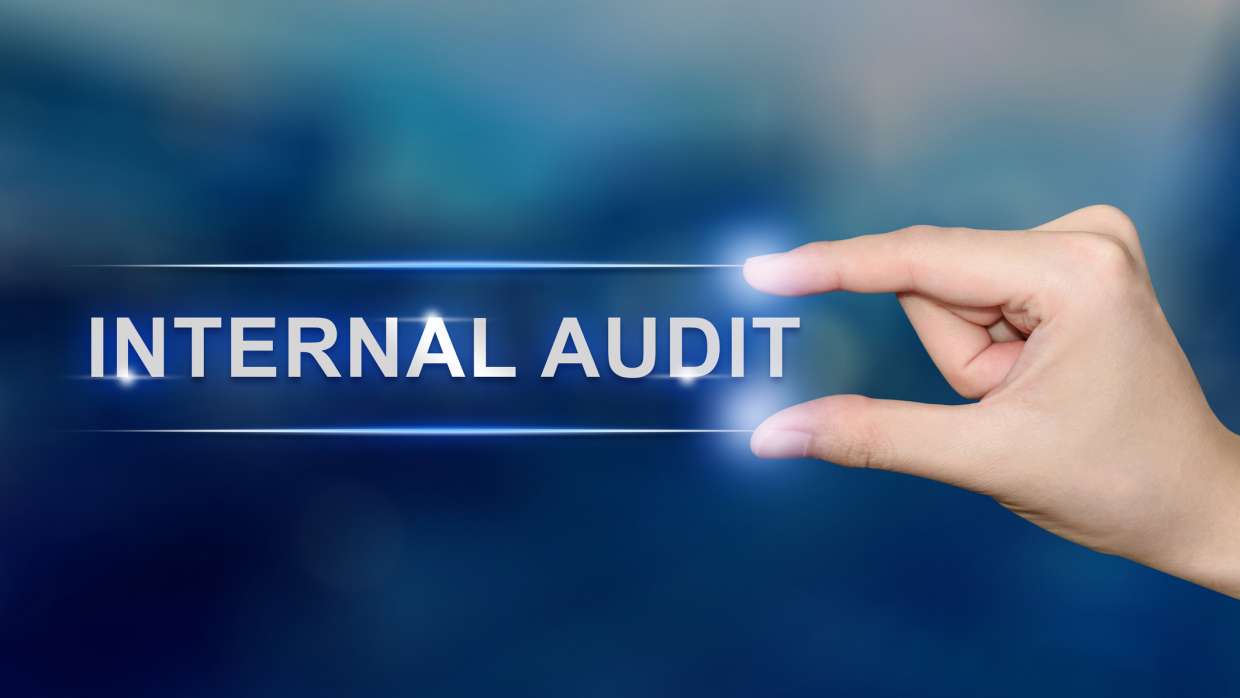Overview: Internal audit requirements refer to the standards, regulations, and guidelines that organizations must comply with when conducting internal audits. These requirements are typically set by regulatory bodies, professional organizations, or industry-specific standards.
Here are some common internal audit requirements:
- Regulatory Compliance: Organizations may be subject to various laws, regulations, and industry-specific requirements that mandate internal audits.
- Standards: The Standards on Internal Audit (SIAs) are a set of minimum requirements that apply to all members1 of the ICAI while performing an internal audit of any entity or body corporate. .2. As per Section 138 of the Companies Act, 2013, the Board of a Company may, besides a Chartered Accountant, appoint a cost accountant or any other professional to conduct Internal Audits. The ICAI recommends the adoption of the SIAs by non-members of the ICAI who are performing internal audits so as to ensure a consistent approach and quality in the discharge of their professional duties.
- Internal Policies and Procedures: Organizations often develop their internal policies and procedures that define the specific requirements and expectations for internal audits. These may include guidelines on audit planning, risk assessment, testing methodologies, documentation, reporting formats, and follow-up procedures.
- Risk-Based Approach: Internal audits are generally expected to be risk-based, meaning they should focus on areas of higher risk to the organization. This requires conducting a thorough risk assessment and allocating audit resources accordingly.
- Independence and Objectivity: Internal auditors are expected to maintain independence and objectivity in their work. They should be free from any conflicts of interest that may compromise their ability to provide unbiased and objective assessments of the organization’s processes and controls. Independence is a critical requirement to ensure the credibility and effectiveness of the internal audit function.
- Documentation and Workpapers: Internal auditors are required to maintain proper documentation and workpapers to support their audit findings and conclusions. This documentation should be organized, comprehensive, and easily retrievable. It serves as evidence of the audit work performed and supports the accuracy and reliability of the audit results.
- Continuous Improvement: Internal audit requirements often emphasize the need for continuous improvement within the internal audit function. This involves periodically evaluating the effectiveness and efficiency of the audit process, updating audit methodologies and tools, providing ongoing training to auditors, and adopting emerging best practices.
It is important for organizations to stay updated with the relevant regulations, standards, and requirements applicable to their industry and jurisdiction. Compliance with these requirements helps organizations enhance their internal controls, mitigate risks, and ensure the integrity of their operations.
